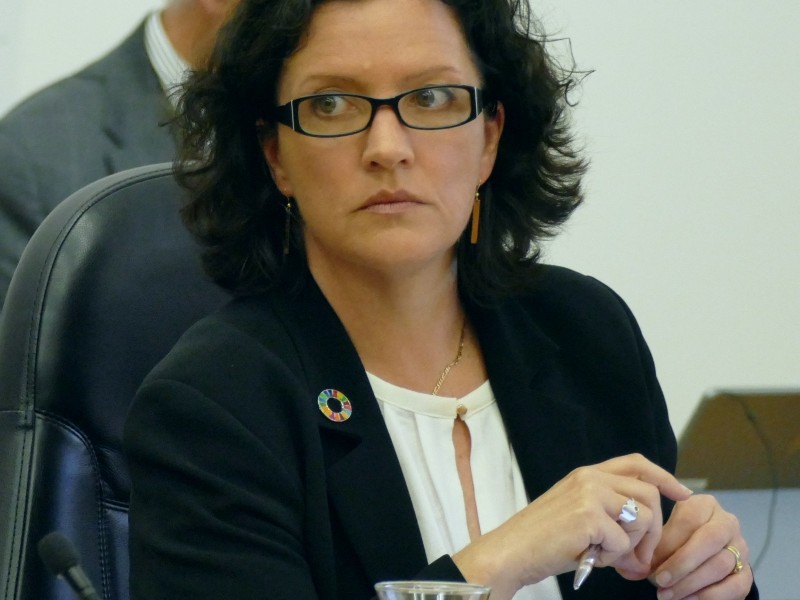The Christchurch City Council's Long Term Plan (LTP) contains a proposal to increase the hourly cost of street parking from $3.10 to $4.50 an hour, a 45.2 percent increase.
Meanwhile, the council-owned Lichfield St car park hourly rate would rise from $2.80 to $4, a 42.9 percent increase.
The draft LTP explains the increased charge is in line with parking costs in other major cities.
The cost of parking has not increased in the city since 2012. Prior to that, they increased annually.
The owner of DF Souvenirs in Cashel St, Richard Schneideman, said the proposal was unfair.
"The city council has an obligation to bring people into the city," he said.
Making parking more expensive would just push people back to the suburban shopping malls.



